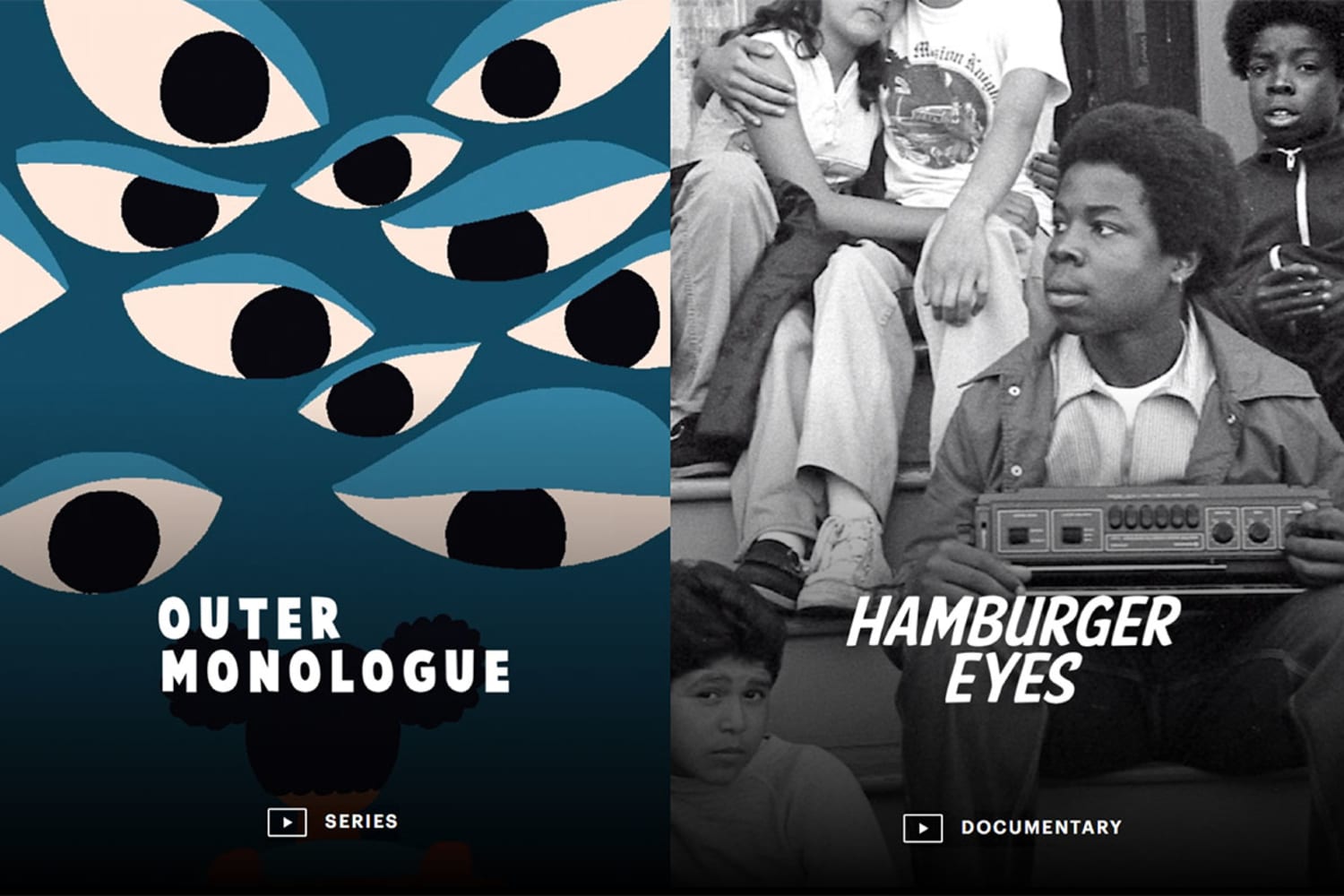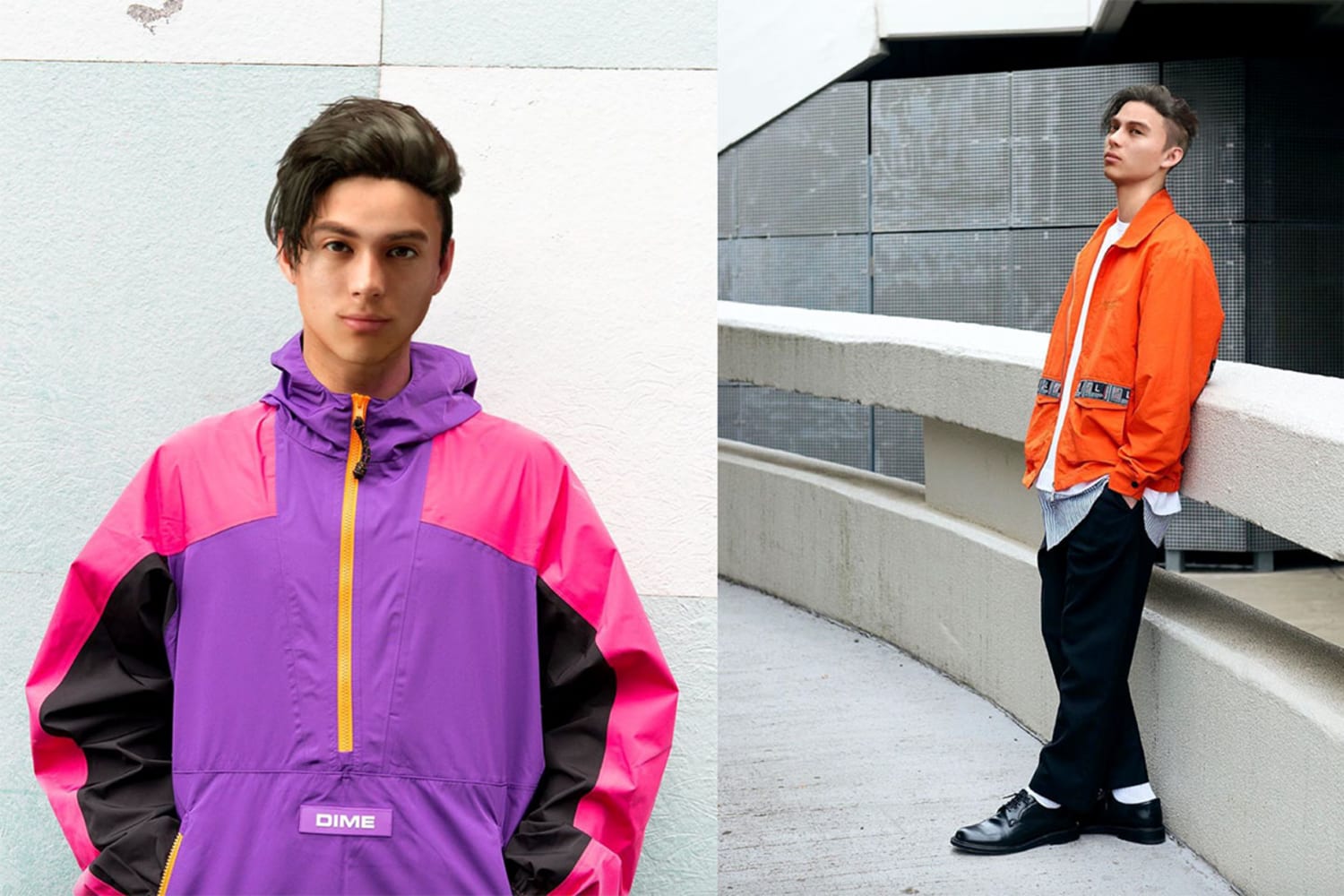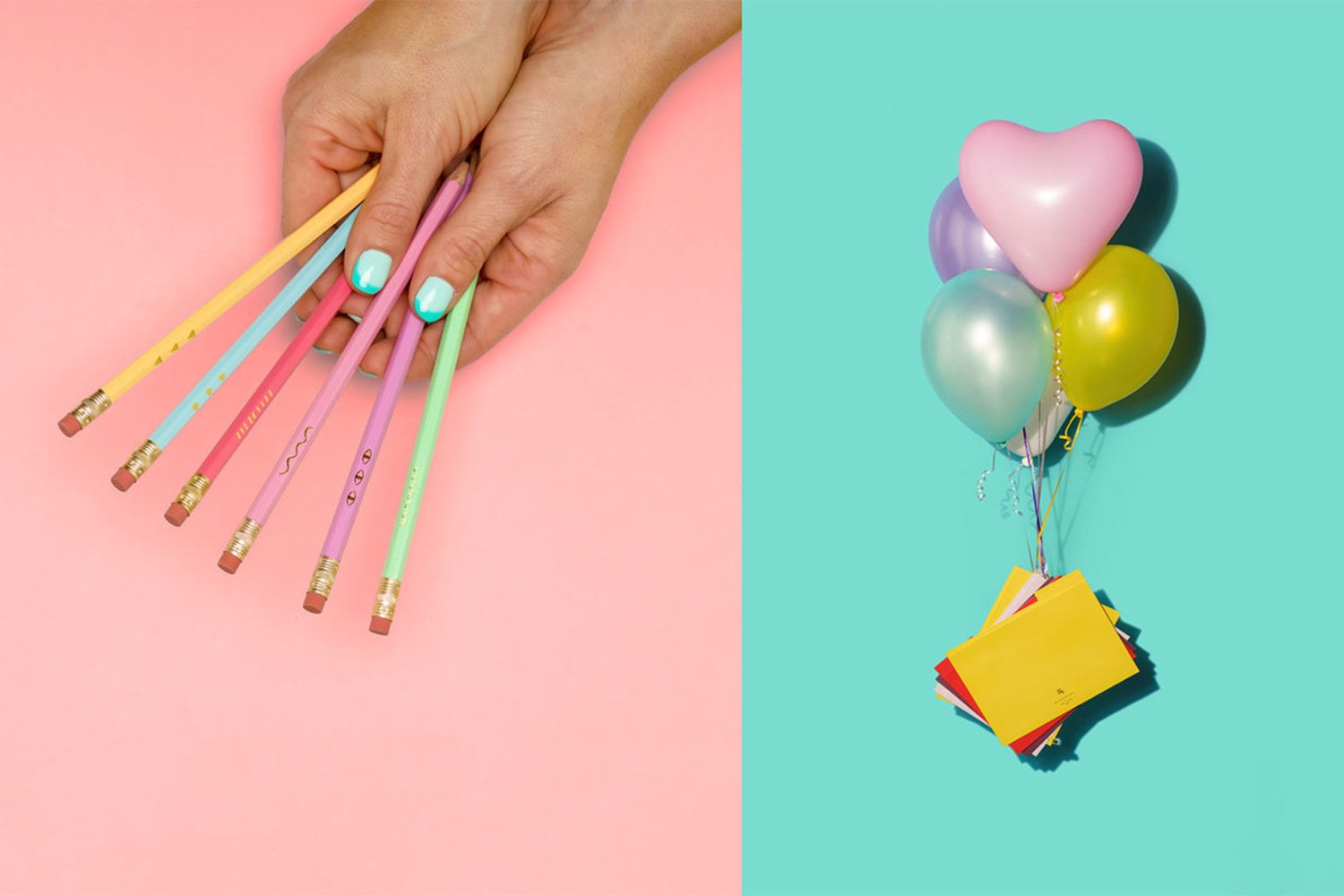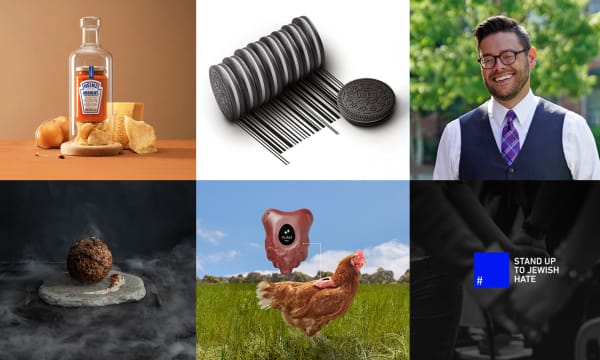Our annual Future 100 report dives into the trends, innovation and cultural changes that will drive the next year. How did last year’s predictions fare? Below, we look back at our most accurate predictions in marketing, food & drink, beauty and retail.
How did our predictions from last year fare? Highlights from marketing, food & drink, beauty and retail.

Mediavolution (#32)
With the media climate in a constant state of flux, the concept of staying in one’s lane is being increasingly upended. Media brands and outlets are adapting by looking beyond traditional channels and developing new formats to engage audiences.
- In September 2019, National Geographic partnered with Proctor & Gamble to produce Activate, a six-part documentary series focused on inspiring global activism.
- In June 2019, email marketing platform Mailchimp unveiled Mailchimp Presents, a new entertainment division creating original series, films and podcasts for entrepreneurs and owners of small businesses.
- In February 2019, international beauty brand Avon announced the creation of an in-house content studio that will produce and distribute brand and product content to inspire and engage its community of beauty experts.
- Popular e-commerce platform Shopify expanded into TV and film production with Shopify Studios in January 2019.

Wine waters (#47)
With the sober lifestyle continuing to gather devotees, brands are introducing sophisticated alternatives to alcohol.
- According to a March 2019 Bon Apetit article, bottled low- and no-alcohol beverages in the U.S. will grow by about 32 percent between 2018 and 2022—triple the category’s growth over the previous five years.
- In August 2019, Seedlip launched sister brand Æcorn Aperitifs, an alcohol-free aperitif line, at Waitrose.
- Kin Euphorics, a nonalcoholic functional beverage targeting millennials who are increasingly opting for alcohol alternatives, hit the market in December 2018.
- Alcohol-free bars are gaining popularity around the world: alcohol-free pub The Virgin Mary opened in Dublin in May 2019; booze-less cocktail bar Getaway opened in Brooklyn in April 2019; and Redemption Bar opened it’s third alcohol-free bar in London in December 2018.
- Heineken launched its 0.0 alcohol-free beer in the US in January 2019. In their bleak first-half 2019 earnings, the company reported that, while overall shares were down more than 5%, its low and non-alcoholic beer business grew by nearly 10%.
- Anheuser-Busch InBev is also pivoting to capture this growing consumer base, with the goal of having no- or low-alcohol beer products represent at least 20% of their global beer volume by the end of 2025.

Virtual influencers (#52)
As engagement with virtual personalities grows, the business of creating and managing digital avatars is developing.
- Beauty company Essence Cosmetics introduced Kenna, their new virtual influencer, in December 2019.
- Liam Nikuro became Japan’s first male virtual influencer in April 2019. Liam was created by 1sec Inc., Japan’s first virtual influencer management company. Founded in 2019, the company raised $1 million in funding in September 2019.
- According to a November 2019 report from Hype Auditor, “virtual Influencers have almost three times more engagement than real influencers. That means that followers are more engaged with virtual influencers content.”
- In 2019, incubator and investor Betaworks Ventures launched Synthetic Camp, an accelerator program designed to nurture and invest in companies generating virtual influencers. Among the companies Betaworks has invested in is SuperPlastic, a digital agency for CGI celebrities. “The way I look at it… a lot of it is going to be like any kind of content studio,” says Peter Rojas, a partner Betaworks.
- Brud, the company behind CGI sensations Lil Miquela, Bermuda and Blawko, is now valued at $125 million after closing a round of funding in January 2019.

Text commerce (#66)
Brands and retailers are tapping into the ease and familiarity of SMS to deliver simple, personalized purchasing experiences.
- In November 2019, two ex-Snapchat execs launched Whym, a “first-of-its-kind text boutique” where shoppers place orders via text message.
- DTC furniture brand Burrow launched an SMS concierge service in November 2019. “Furniture is a highly-considered purchase and SMS allows us to help our customers navigate each step of the process,” Whitney Blau, head of conversational marketing at Burrow, told Modern Retail. “We hope by making ourselves more accessible that we build trust that can’t be accomplished via other channels.”
- In October 2019, Versed launched a “skincare hotline” via text messaging. “[SMS] is one of the platforms of the future,” said Melanie Bender, founding general manager at Versed. “Customers are primed to engage, and the tech that is available is advancing. We strongly believe in learning the unique abilities of the channel and how the customer wants to innately engage with it.”
- Amazon is dipping its toe into text retail, with a new service introduced in April 2019 that texts customers with package delivery times.
Main image of Kenna courtesy of Kubb&co
Please provide your contact information to continue.
Related Content

News
Double Victory at the Ad Age Creativity Awards
"FitChix" by VML Melbourne named Tech Innovation of the Year and "The Blue Square: Standing Up to Jewish Hate" honored as Best Pro-bono/Non-profit Work for Good
Read Article 
